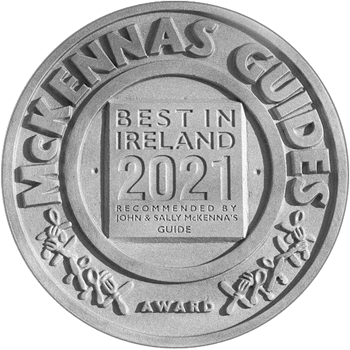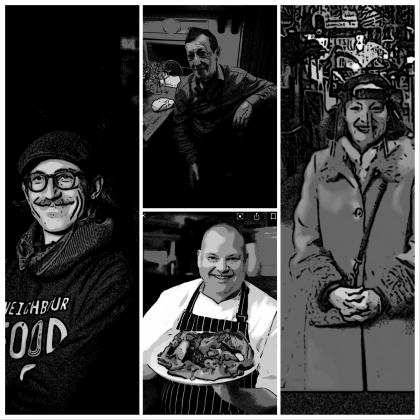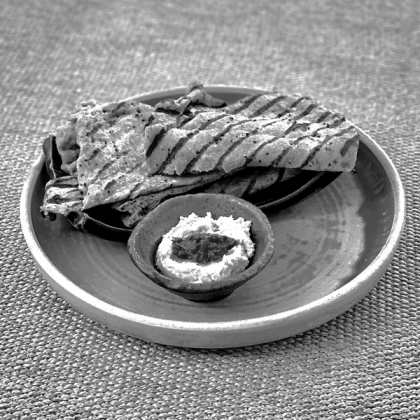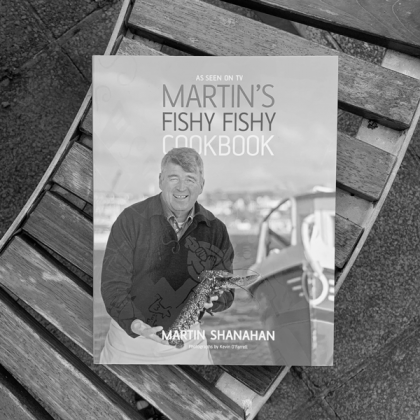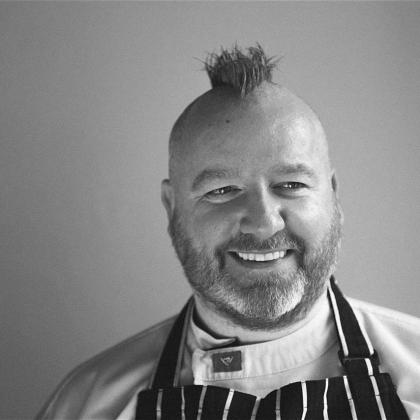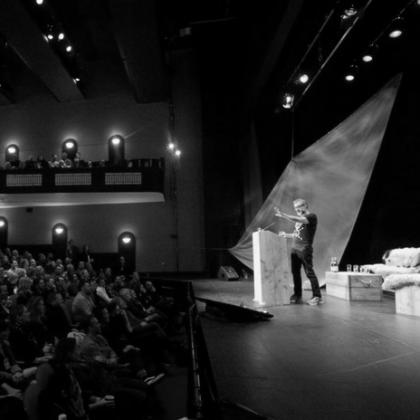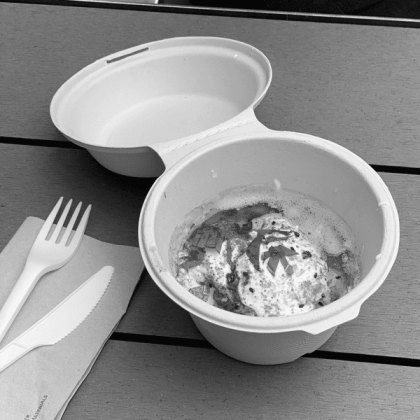The new crew of columnists on The Irish Times reflect well on the choices of editor Geraldine Kennedy.
Whilst our fave is the punky Ph.D, Elaine Byrne, on Tuesdays – don't start a fight with that girl! – Tony Kinsella on Mondays and John Gibbins on Thursdays both qualify as essential reading, their efforts intellectually crisp and cogent.
Wednesday's columnist Sarah Carey is, perhaps, the most fascinating of them all. Unlike her fellow columnists, she is both more personal in her approach, and therefore unafraid to write something that is personally felt, and deeply wrong.
Yesterday's column, on July 29th, by Ms Carey is one of those columns that is clearly deeply felt, and not even wrong, it is so wrong.
Sarah argues that Irish farms are economically unsustainable, due to the work in previous generations of The Land Commission, which bought up big farms and broke them up into small farms. She makes many good points – Irish farmland is rarely traded; Irish farmers are too old yet will not vacate the land; Irish farms produce a paltry income – but her solution is a classic example of wrong thinking.
We need “one last intervention“ to save Irish agriculture, she argues. Where the Land Commission once compelled big farmers to sell their land, we now need a Commission to “force small ones to sell it back”. Small farms, she suggests, are “killing the business of Irish agriculture˘ The 55,000 Irish farms under 50 acres are not viable. “Big farms are the only way the massive subsidisation of agriculture can be reduced”.
The problem with this argument – and it is one made by many with an economic frame of mind – is that it ignores agriCULTURE in favour of agriBUSINESS. The best food in Ireland is not produced on “big” farms: it is produced on small farms, by farmers who practice the culture of agriculture, first and foremost, most often expressed through their following organic or bio-dynamic practices.
As a result of this, they also earn a good living, they enjoy the respect of the people who buy their food, and they are a content and happy bunch. Certainly the very many I know who work this way seem pretty happy with their lot.
What would happen, for instance, if the French Agriculture Ministry announced tomorrow that small farms in Bordeaux and Burgundy were “killing the business of French viticulture”, and in order to increase efficiency, thousands of small chateaux would be subsumed by large volume wine producers. No more Haut-Brion, no more Romanée-Conti, no more little garagistes producing super stuff in small volumes. Just red and white wine.
So, what should Sarah Carey do to see the real picture, to grasp the fact that small farms are the future, not the past, and that it is the culture of agriculture that must be expressed, and not the business of agribusiness?
She needs to tour some farmers' markets, and ask the farmers selling there how big their holdings are. She needs to go to producers like Peter and Jenny Young in Castlefarm in Co Kildare, to see how a new paradigm of farming – and communicating about farming – is made to work.
“There are some positive features of small farming and I'll get to those another day” she promises, so can we suggest Sarah takes a trip to Bantry and visits Martin and Yvonne Flynn in Maughnasilly Farm, just up the Borlin Valley. That wee trip will let her see the “positive features of small farming” up close and personal. And take in Gubbeen Farm in Schull, and Glenilen Farm in Drimoleague. Those three farms alone will show how Irish agriculture could – and should – be practiced. And we live somewhere in the middle of those three farms, so Sarah should drop us a line when she is coming, and drop in for a glass of wine after her West Cork tour.
Small is beautiful. And sustainable. And soulful.
Ms Carey will then understand that it is the agribusiness model that is destroying Irish farming, and sundering its very soul. But she will have the consolation of meeting some very soulful farmers indeed.
Sarah Carey: Not Even Wrong
Archive - all the best places to eat, shop and stay in Ireland. A local guide to local places.
